The 11 best sleep aids to help you drift off naturally, tried and tested by us
From lavender sprays to sleep tracking devices, we put the best sleep aids to the test with a team of wellbeing experts

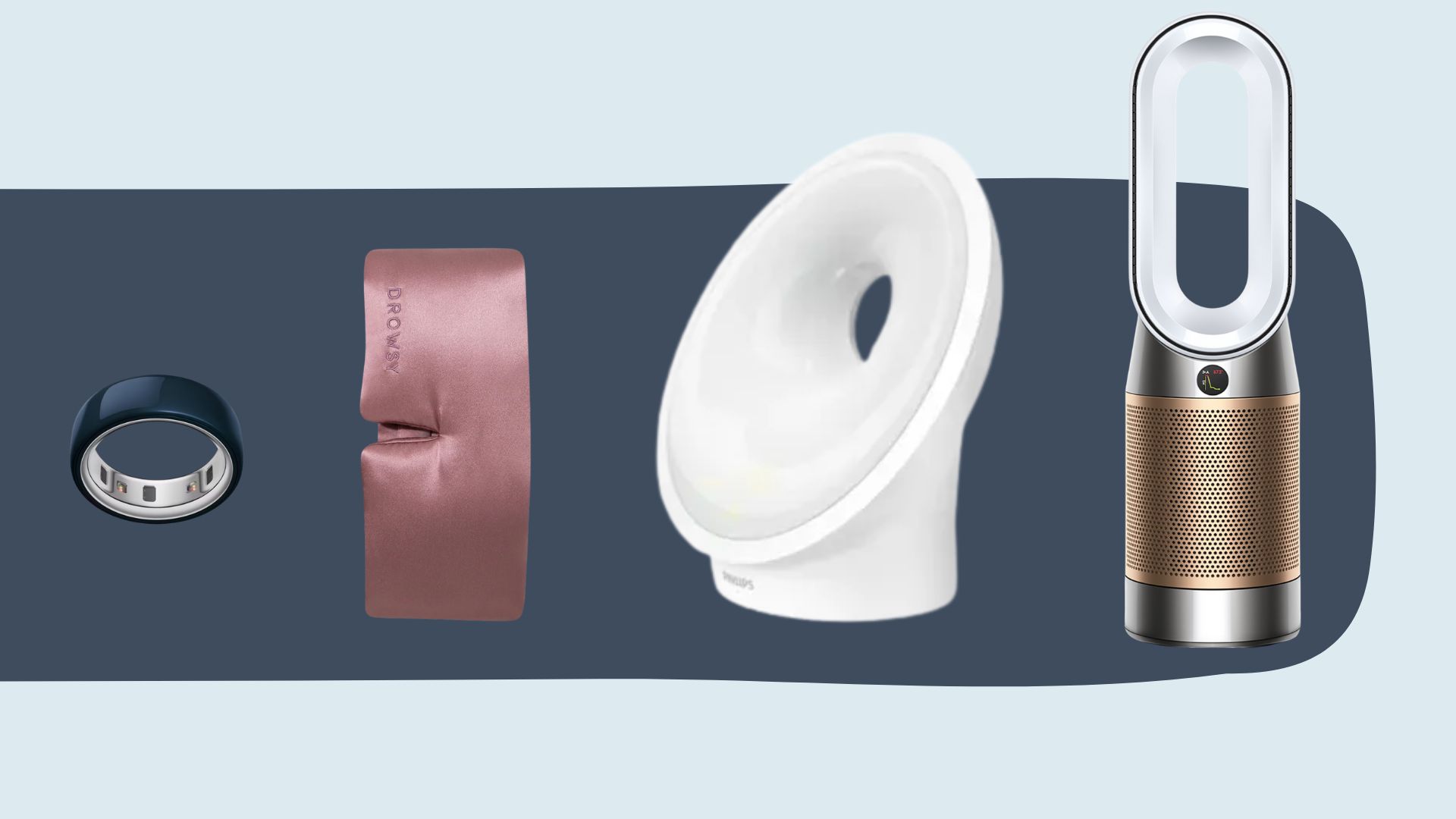
Sign up to our free daily email for the latest royal and entertainment news, interesting opinion, expert advice on styling and beauty trends, and no-nonsense guides to the health and wellness questions you want answered.
You are now subscribed
Your newsletter sign-up was successful
Want to add more newsletters?

Daily (Mon-Sun)
woman&home Daily
Get all the latest beauty, fashion, home, health and wellbeing advice and trends, plus all the latest celebrity news and more.

Monthly
woman&home Royal Report
Get all the latest news from the Palace, including in-depth analysis, the best in royal fashion, and upcoming events from our royal experts.

Monthly
woman&home Book Club
Foster your love of reading with our all-new online book club, filled with editor picks, author insights and much more.

Monthly
woman&home Cosmic Report
Astrologer Kirsty Gallagher explores key astrological transits and themes, meditations, practices and crystals to help navigate the weeks ahead.
The best sleep aids won't solve issues like insomnia, sleep apnea, or other diagnosed sleep conditions, but they'll certainly help improve your sleep hygiene and get your body ready for good core sleep.
As woman&home's digital health editor, earlier this year, I helped to compile our winners for the Sleep Awards 2025. With so many great options to consider across the spectrum of mattresses, through to the best sleep apps, we assembled a team of testers to review all the products.
My roundup of the best sleep aids delves into this process and reviews the best sleep aids of the bunch. So, whether you're looking for a new pillow, ways to delve deep into your rest and recovery, or simply a better way to wake up in the morning, we have you covered with tried and tested reviews. I also spoke to the experts to reveal what makes a sleep aid worth buying - and the ones to avoid.
The best sleep aids, tried and tested by us
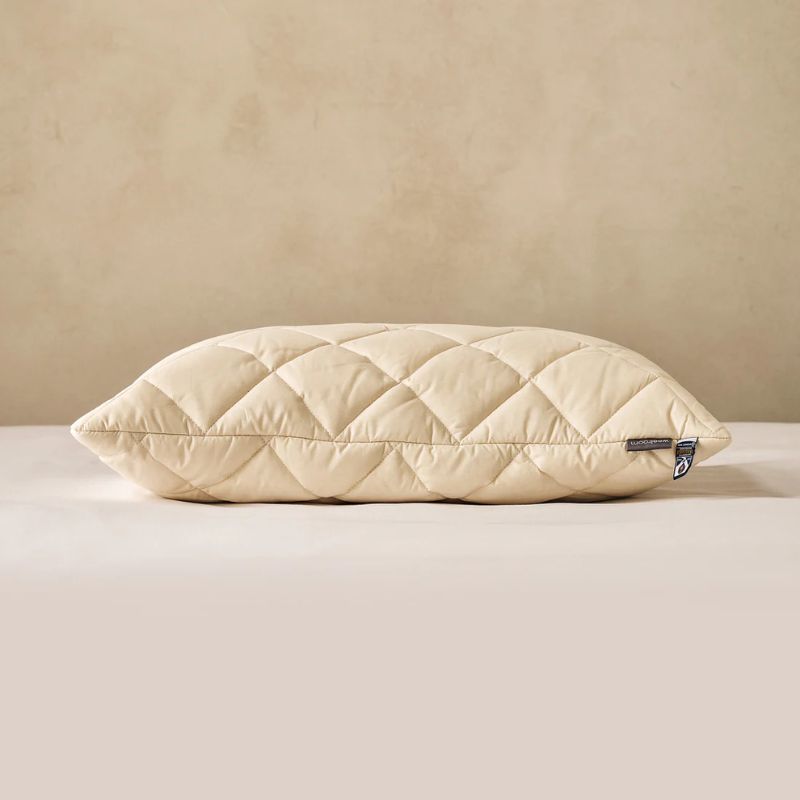
Many of us are using a pillow that's past its best (use this osteopath's trick to find out if yours is). If you're looking for an upgrade to your sleep hygiene, one of the best pillows is key - and wool is a perfect blend of temperature regulating and flexible, making it the ideal filling for a pillow.
Our tester, Caramel Quin, rated this one top of the pile thanks to its adjustable casing (you can add or remove wool to suit you), support, and old-school comfort.
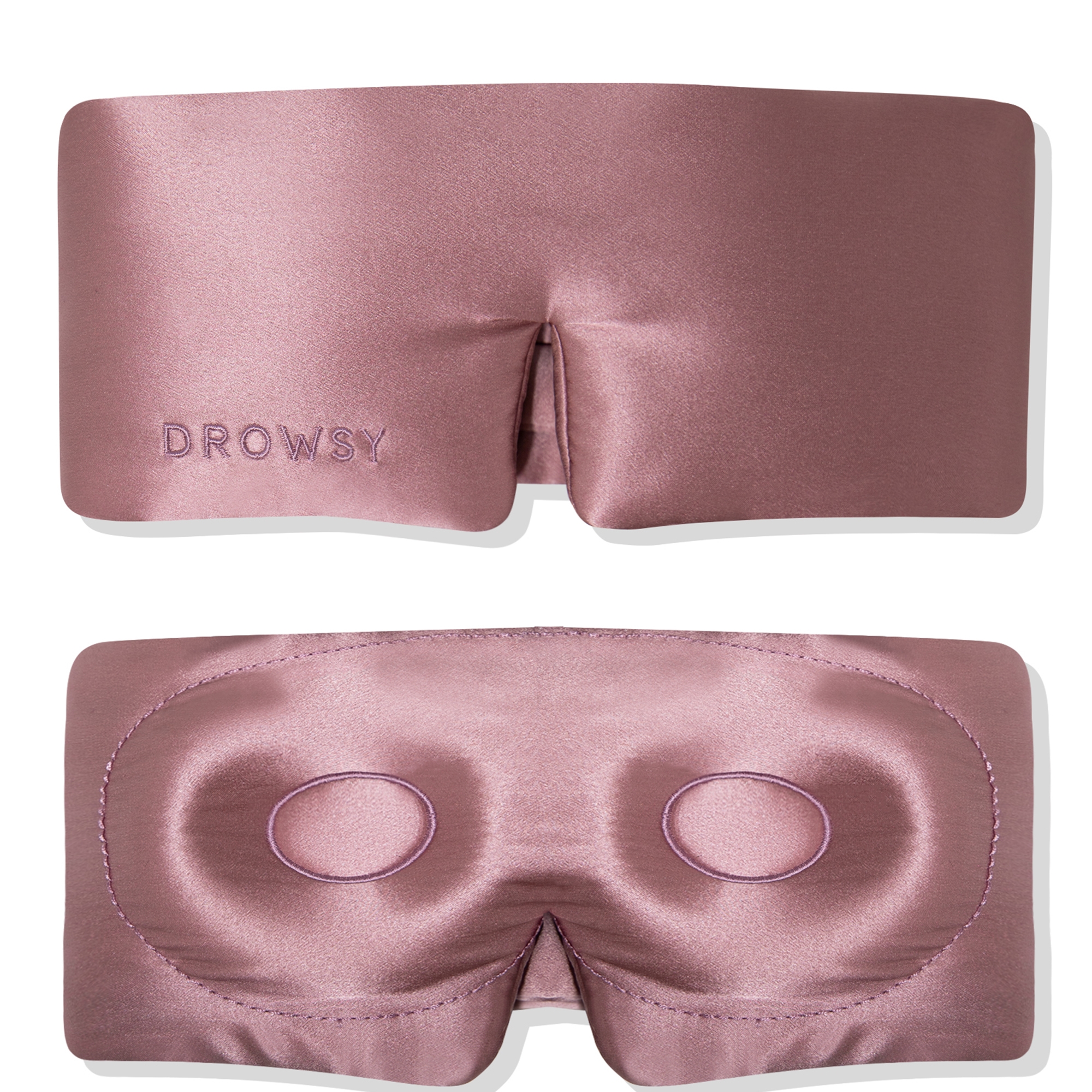
Over the years, whenever I've asked experts for their tips on improving my sleep hygiene, one of the first things they suggest is ensuring my bedroom is dark enough. Of course, blackout blinds are the way to do this permanently, but if your partner isn't a fan or you're away from home, a sleep mask is the next best thing.
The Drowsy Sleep Mask is my favourite of them all, and I take mine away with me on every trip to make sure I get a good night's rest. It's made from 100% premium pure mulberry silk and has a padded layer between the soft layers that touch the skin, blocking out any unwanted light. There's an adjustable, non-slip strap secured with velcro at the back so it doesn't slide off in the middle of the night.
There are two models available: the classic Drowsy Sleep Mask and the Eyelash Protecting Mask, which has extra space around the eyes. This is the one I prefer as I don't like anything directly touching my eyes when I sleep. This design also makes it feel like you're not wearing anything, which I love.
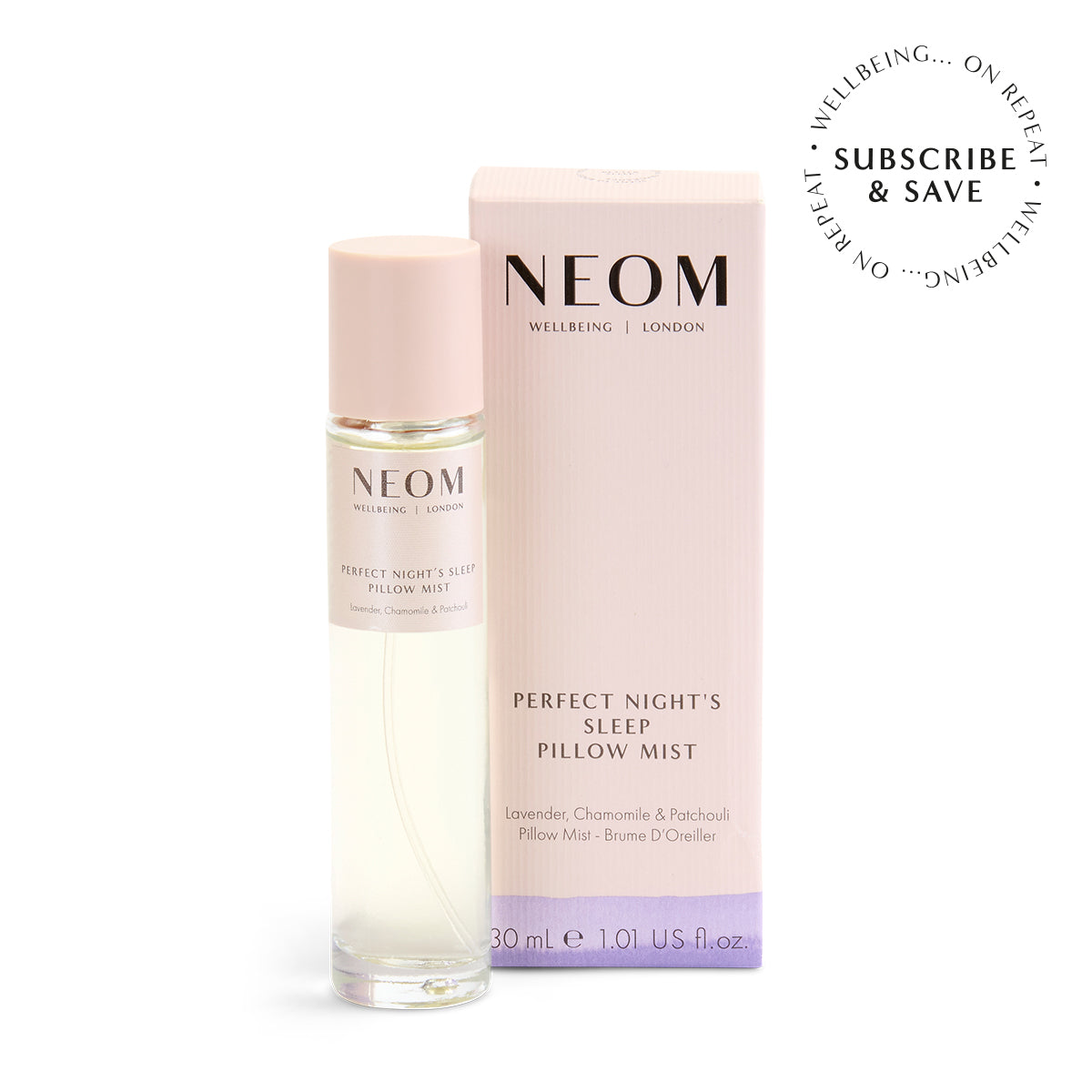
Sleep sprays are no magic cure for restlessness, but I certainly find that soothing scents of patchouli, with its musky woodiness, and lavender help me to drift off. There are also studies which show the effectiveness of lavender for helping adults (without sleep issues like diagnosed insomnia) fall asleep quickly. It's thought the essential oil helps activate the parasympathetic nervous system (rest and digest) through the scent, which helps to lower our heart rate and blood pressure, making sleep easier to come by.
I've tried many sprays over the years, but this one won the top spot as it's the perfect blend of three scents (chamomile, lavender, and patchouli), and the spray is lighter than many others, so it doesn't make your pillow wet if you spray it a little too close, and it lingers in the air for longer.
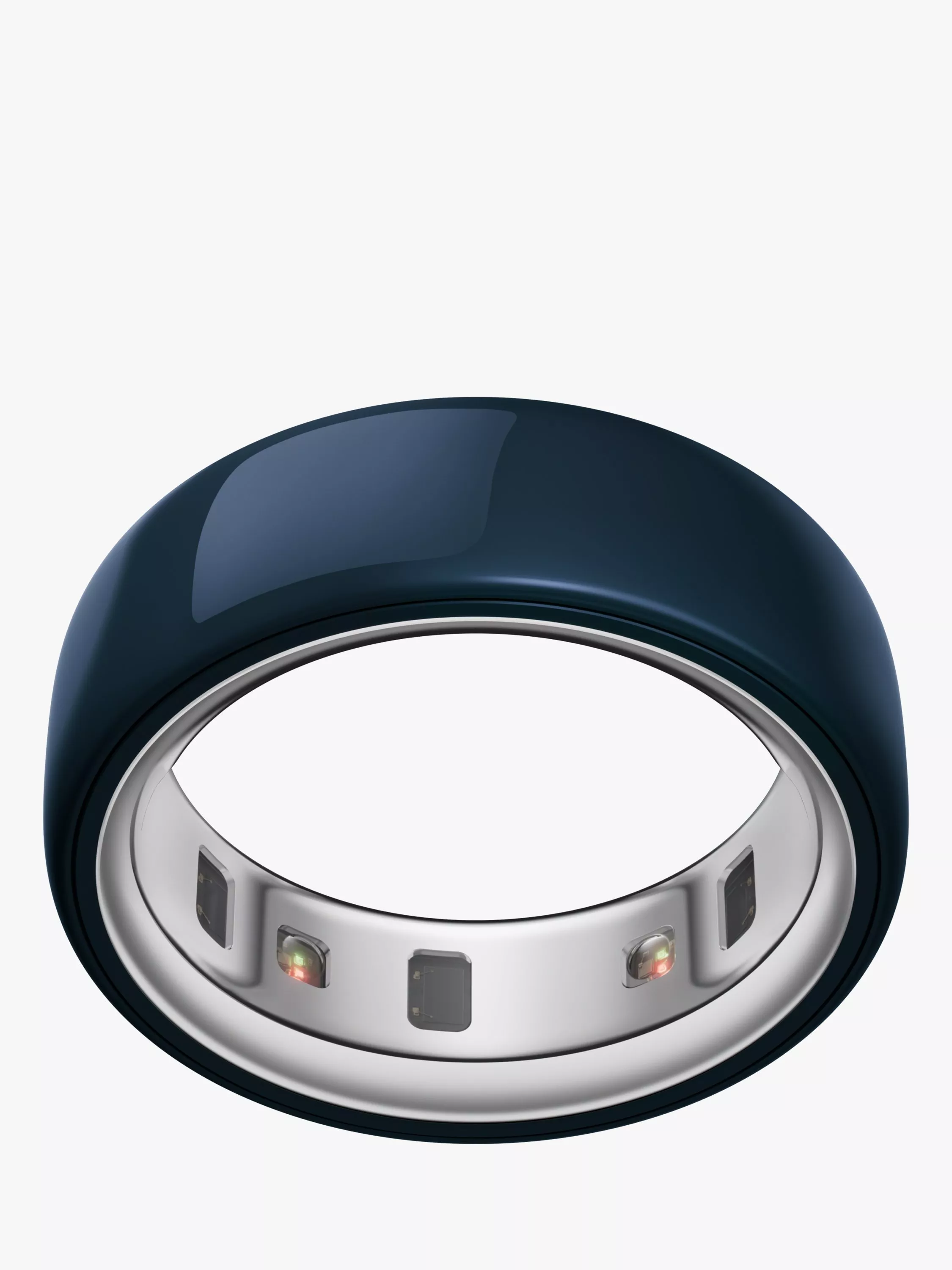
The Oura Ring 4 is one of my best fitness trackers, but it's also one of my favourite sleep trackers - and now it's available in a new ceramic build and stunning colourways. Within this ring are several sensors that record resting heart rate, heart rate variability, body temperature, movement, and other metrics to work out the duration and quality of sleep. Together, they create your overall Sleep Score and Readiness Score, which I've found very helpful to optimise my daily routine.
But there's so much more when it comes to recovery and sleep specifically. Once you've been wearing the ring for a few nights, you'll get an insight into your sleep chronotype, which reveals your optimal bedtime and sleep schedule.
While other fitness and sleep trackers offer some of these insights, no one is doing it like Oura, with the comfortable ring design (no bulky watch to wear at night) and insights that are genuinely useful and easy to understand thanks to AI integration and the pleasing app interface.
Read my full review of the Oura Ring 4 here
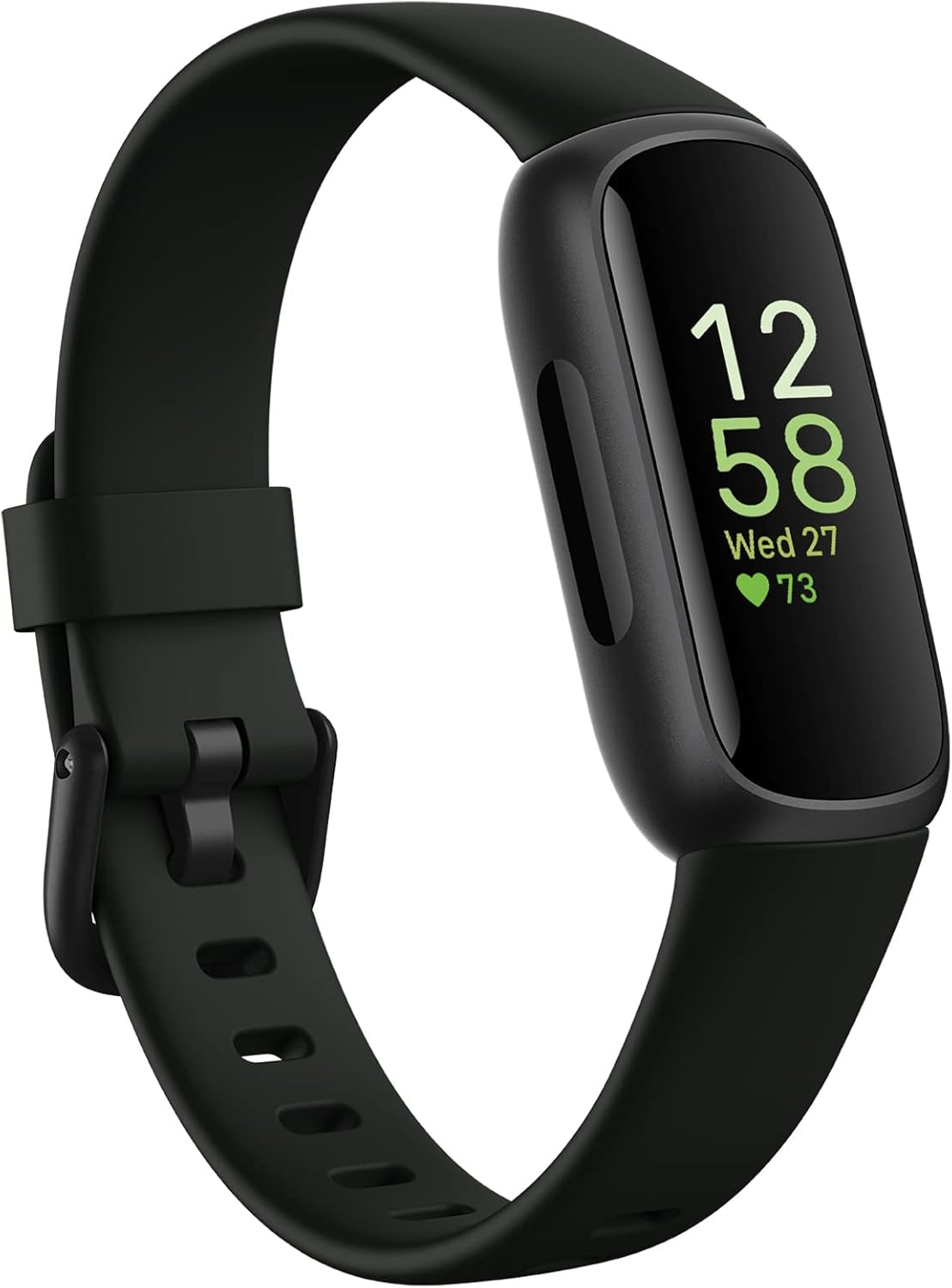
While the Oura Ring 3 is undoubtedly the best sleep tracker and well worth the £250+ investment, it won't be in everyone's budget. For those looking for sleep insights for less, I can't recommend the Fitbit Inspire 3 enough. While it has similar insights to all of the best Fitbits when looking at sleep, stress, exercise, and recovery, its slim design and miniature digital face make it a comfortable companion in bed. It's also often on sale for under £80, which is hard to argue with.
The Fitbit Inspire 3 uses sensors under the watch face to record your heart rate and other vitals, and then delivers insights into your sleep on the Fitbit app in the morning. You'll find out how long you slept for, the quality of your sleep, and the stages of your sleep (REM, light, and deep), all of which are essential if you're looking to create a better bedtime routine.
Read my full review of the Fitbit Inspire 3 here
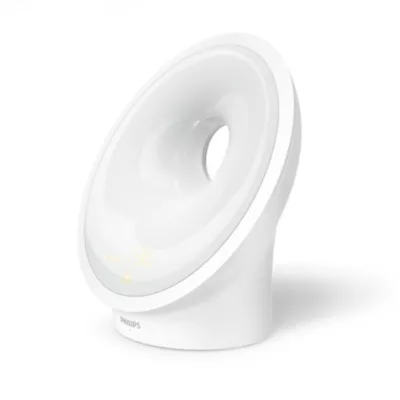
Any sleep expert will tell you that the bedrock of a good sleep routine is falling asleep and waking up at the same time every day - even on weekends. No one likes an alarm, but a sunrise alarm can make the whole process of waking up a lot nicer.
There are loads of sunrise alarm clocks to choose from, but the Philips Wake-Up Light With Night-Time Function uses calming rhythms of light and sound to help you unwind at night and wake up in the morning. Casey, who tested this device for our Sleep Awards 2025, is a 45-year-old crime writer and seasoned product reviewer with years of testing experience.
She told woman&home: "I am obsessed, especially with the red night-light feature, it's like a cosy sunset in your bedroom," she says. "It's so much nicer than the usual harshness of bright lights. I also love the soothing sounds. No more jolting awake to a loud alarm. Now I wake to the sound of the ocean or soft rain. It was also super easy to set up - I am a bit of a techno-phobe and was pleasantly surprised by how simple it was."
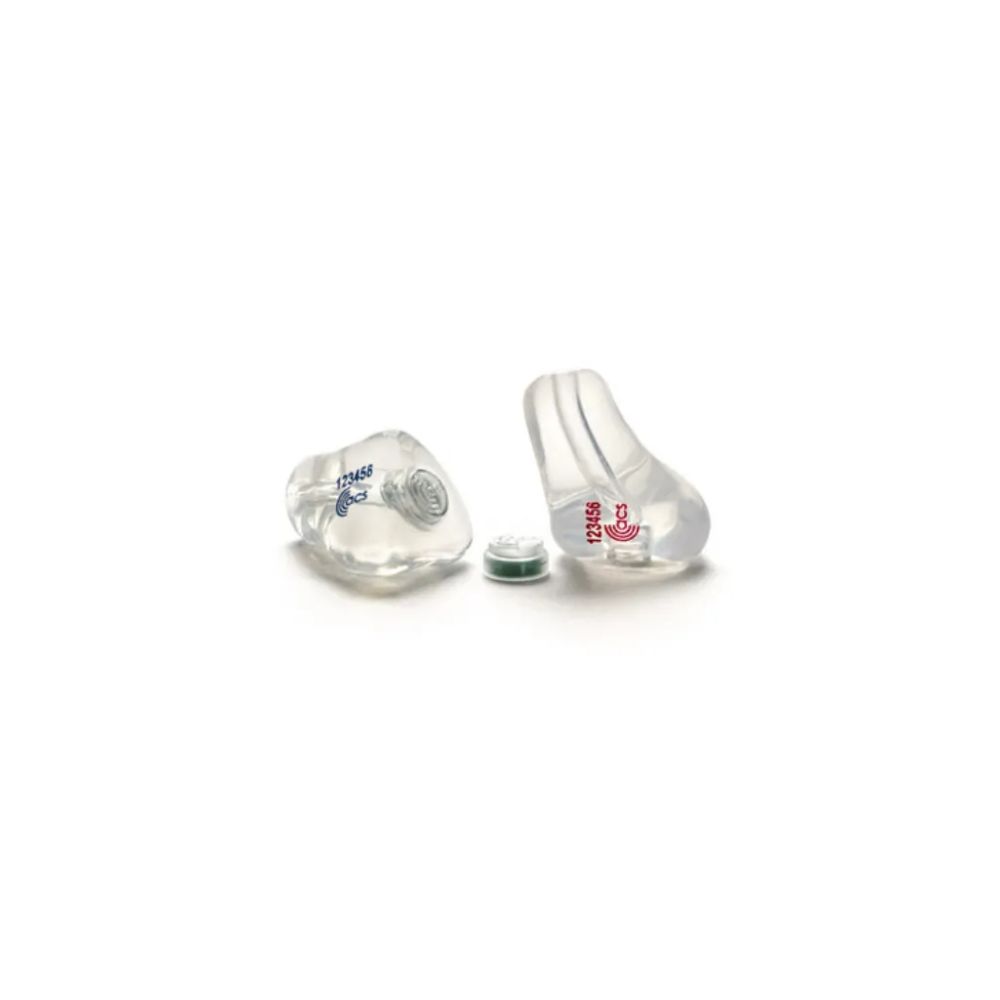
Light, comfort, temperature, and sound - the pillars of good sleep. These earplugs by ACS are our top choice for keeping unwanted sounds out of your sleep space. While more expensive than many options on the market, they are well worth the spend and the wait for fitting if you are frequently woken up in the night.
Rachel, our tester for this pick of the best sleep aids, waited a few weeks of her to arrive but says she'd "recommend them to anyone who wants an earplug that is 100% reliable - no messing".
"If I’d known about these years ago, they would have helped me bank years of extra sleep. They’re ideal for parents who still need to hear their kids, or for any type of travel environment, light sleepers, those with snoring partners, and shift workers who need to sleep when the rest of the world is waking up," she says.
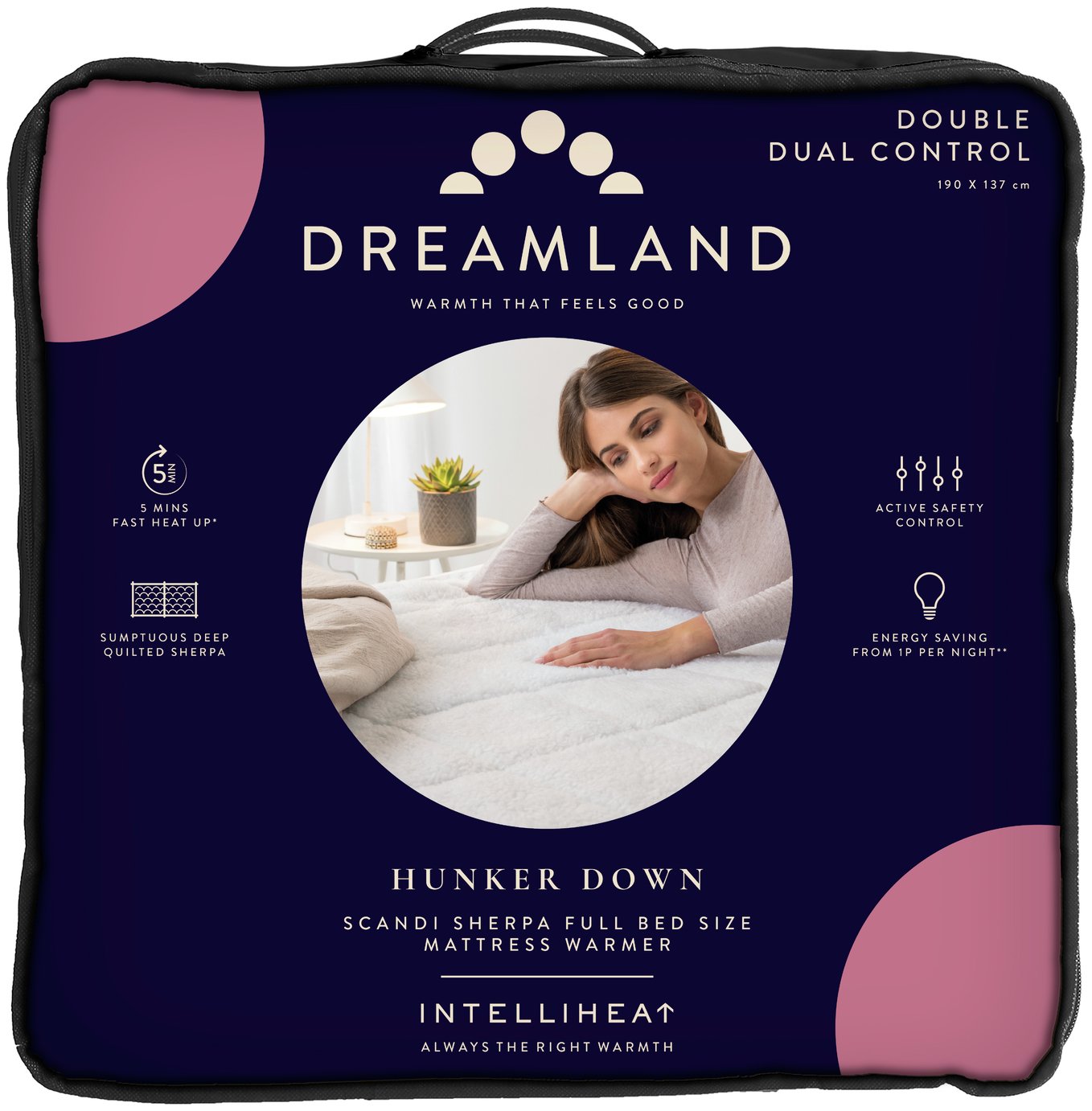
Navigating the temperature in your bedroom can be a struggle in the winter months - too cold and you can't fall asleep, too hot and you can't fall asleep. That's where some of the best sleep aids can help. Solving the first problem is the Dreamland Scandi Sherpa Dual Control Underblanket, rated the best electric blanket by our Homes Ecommerce Editor, Laura Honey.
"I made great use of the dual-controls, with my half of the bed on full whack, toasty warm in five minutes, whilst my partner kept his side of the bed cooler," she says. "It has everything I want in an electric blanket - plus it’s washable and great value too.”
This electric blanket has six settings and can turn off automatically when the timer is enabled, so you can have it on all night without a worry.
Read our full Dreamland Hunker Down Scandi Sherpa Underblanket review
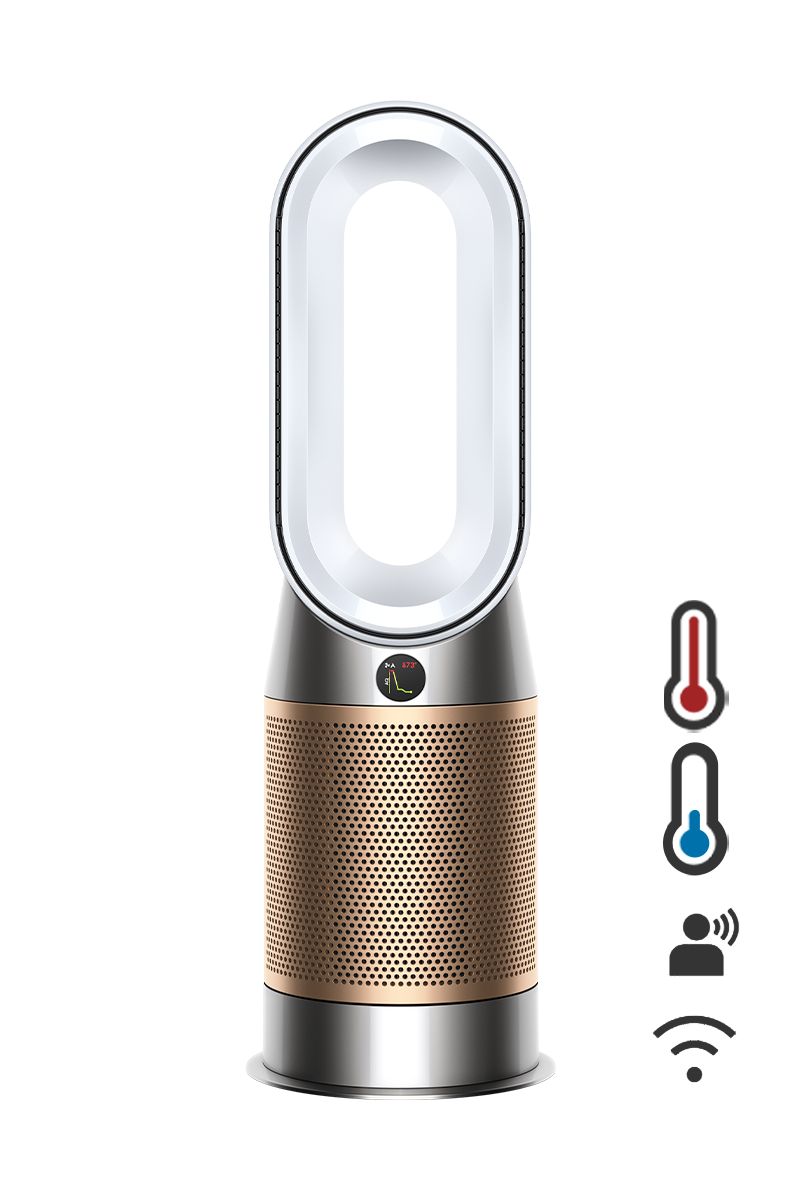
If you're finding yourself overheating, a fan is a useful sleep aid, whatever the season. It's an expensive option, no doubt about it, but Laura named this our best cooling fan and air purifier for several reasons in the Sleep Awards.
"I would never normally spend this much on a fan, but it can purify the air and heat a room too, when you don't need a cool breeze," she says, highlighting the versatile nature of this device. "The oscillation suits both large and small rooms, and most importantly, you can leave it running overnight."
Of course, a fan isn't the only way to cool a bedroom down. If you're dealing with hot flushes and night sweats as a symptom of perimenopause, then it's worth looking at our tried and tested selection of cooling pillows, as these are a cheaper cooling solution.
Read our full review of the Dyson Purifier Hot+cool™ Hp09 Formaldehyde Purifying Fan Heater
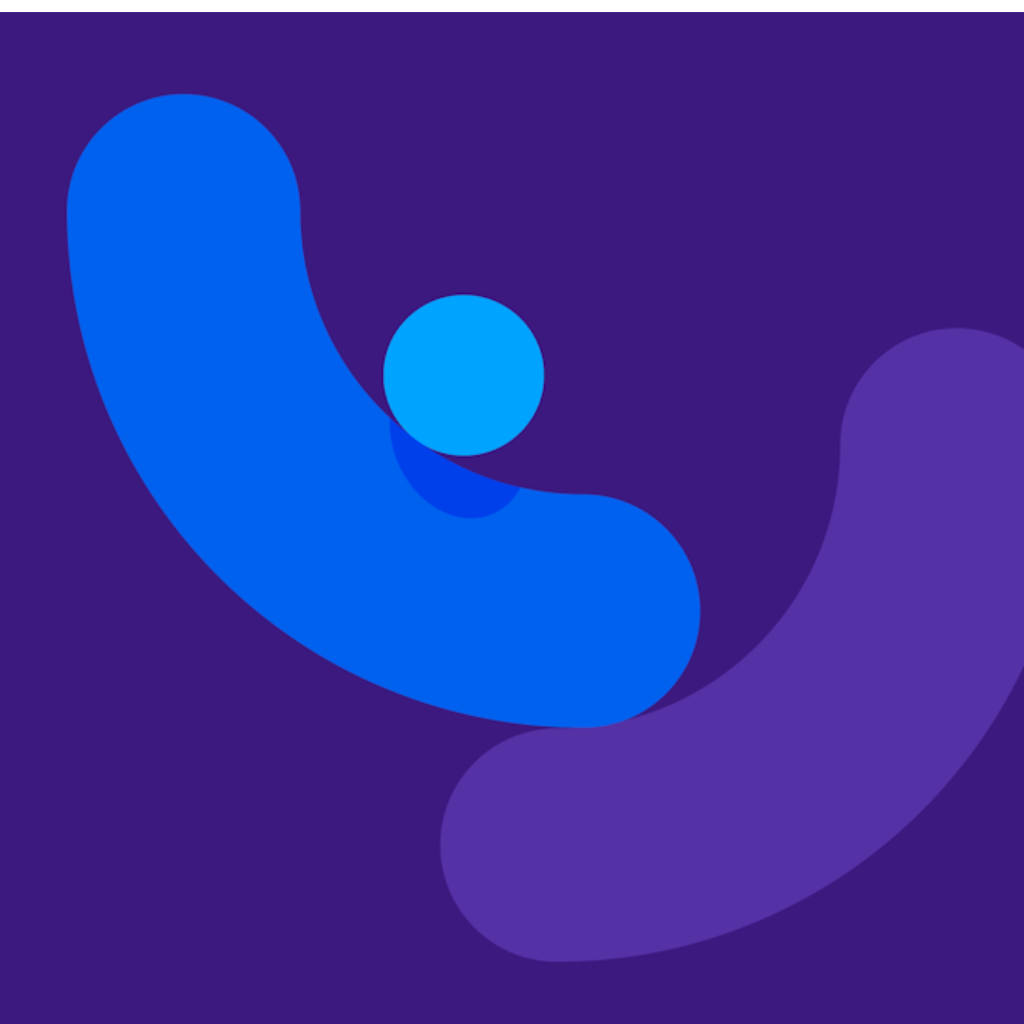
Meditation kickstarts our body's rest response, so it's no surprise it's one of the best natural sleep aids. When it comes to meditation apps, look no further than Headspace - there's a reason why it made it onto our list of best health apps to try. Out of the huge selection of sessions and courses, I took the 10-day sleeping course and found it to be hugely beneficial when I was winding down in the evening and trying to get my body ready for sleep.
For me, the Sleepcasts - aka bedtime stories for adults - are the best part of Headspace's courses. The soothing 45-minute tales are a great addition to your bedtime routine and will have you nodding off in no time. I found them helpful for the evening when I'd otherwise be scrolling on my phone or laptop. They've been designed to help you wind down and lull you to sleep, so don't worry if you fall asleep mid-story, they'll automatically stop after a while - as I discovered early on.
If you do find yourself becoming too engrossed in the story, you can try the Sleep Music section instead. This features tracks up to 500 minutes long, so no matter how long it takes you to get to sleep, this will be there for you. If you wake up in the middle of the night, there are nighttime SOS meditations to ease your mind.
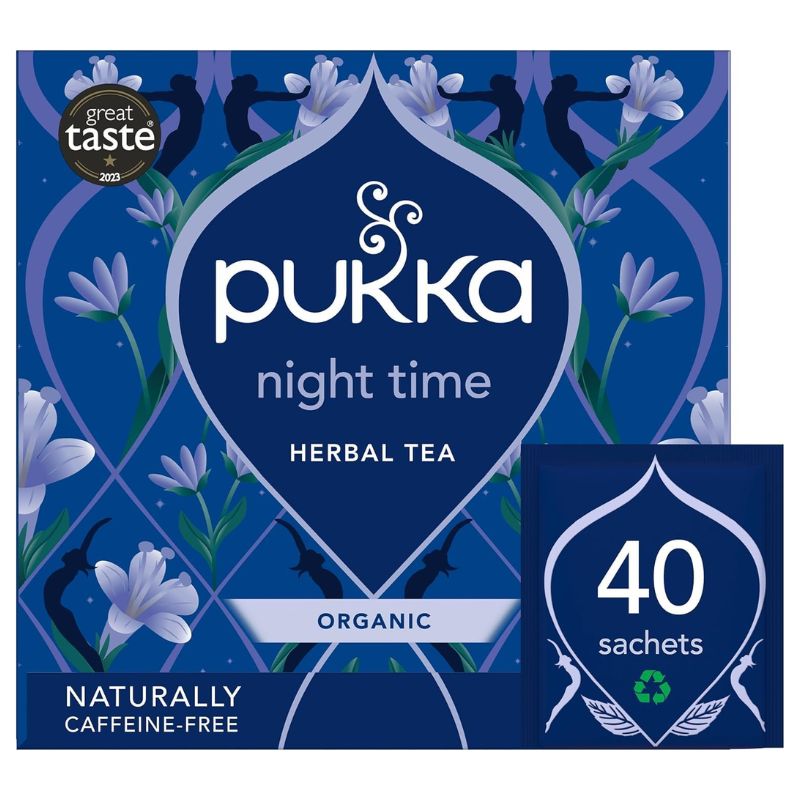
When looking for the best sleep tea, I thought it was important to turn to the experts for their view. Jenna Hope is a certified nutritionist. She recommended teas with lavender, valerian root, lemon balm, and chamomile, as these ingredients have been shown to improve sleep by reducing how long it takes to fall asleep and anxiety.
"For some, a sleep tea may be enough. But while the ingredients have been shown to support better sleep, the delivery of them through a tea might not be effective for everyone," she says.
But for me, drinking a sleep tea is the ideal way to wind down from a busy day - and that's where Jenna says the benefits are. "Sipping a tea in a quiet environment can help prepare the body for sleep," she says.
How we tested the best sleep aids
At woman&home, we take our recommendations seriously - especially when it comes to something as essential as sleep. To ensure we're offering trustworthy, expert-backed advice, each product on this list was thoroughly tested by members of our editorial wellness team and third-party, independent testers, many of whom have extensive experience reviewing health and lifestyle products.
Here's what we looked at:
- Brand Claims: Each sleep aid was assessed based on whether it lived up to the brand’s claims and met our testers’ expectations in real-world use. We looked at how each product performed over time, how easy it was to operate, and whether it delivered on its promises - from promoting relaxation to helping users fall asleep faster. Sleep is highly individual, of course, but we aim to provide a reliable starting point to help you find products that will work for you.
- Scientific Evidence and Research: Testing sleep aids can be complex, especially when it comes to natural or holistic products that may lack clinical studies. Where possible, we considered the scientific evidence supporting each product’s ingredients or mechanisms. For products with limited research, we clearly noted this and evaluated them based on user experience and expert insight. This approach allows us to recommend products that are not only popular but also grounded in credible information or data.
- Price & Accessibility: As everyone's budget differs, we tested products across a range of price points, from affordable everyday options to high-end sleep solutions. Our goal is to provide a diverse selection of products so that you can easily find a sleep aid that fits your lifestyle and price range.
How to choose the best sleep aids for you
Dr Kat Lederle, sleep and body clock scientist, recommends starting by asking yourself what your goal really is. “Do you have trouble sleeping, or are you simply curious about improving your sleep?" she asks.
Here's how to choose the best sleep aids for you:
- Pinpoint your sleep issues: It’s important to get to the root of the problem. Dr Lederle suggests: “If anxiety or over-arousal is keeping you awake, you’ll want something that helps you manage those feelings. If noise is the issue, then blocking it out should be your focus.”
- Consider how often you struggle to sleep: If poor sleep is a frequent problem, it’s worth thinking about professional help rather than relying solely on sleep aids, which can lead to dependency. “Any sleep aid, if used regularly or long-term, can create a reliance,” says Dr Lederle, who is also a sleep therapist. “Whether herbal or pharmaceutical, pills and potions have their place, but shouldn’t be a long-term solution. If you want to understand your sleep better, a combination of sleep education (books, courses) and technology to track your sleep might be more helpful.”
- Is the sleep aid fit for purpose? Do your homework before buying. “Check user reviews, find out how long people have been using it, and who was involved in developing it,” advises Dr Lederle. “Beyond all the marketing, what evidence is there that it actually helps with your specific sleep issue?”
Dr Kat Lederle is a sleep and circadian rhythm specialist who obtained her PhD in Human Circadian Physiology and Behaviour from the University of Surrey. She is a member of the British Sleep Society, the German Sleep Society, the European Sleep Society, the Compassionate Mind Foundation, and the Association for Contextual Behavioral Science. She works at the London General Practice.
Do sleep aids work?
Yes, many of the best sleep aids work by blocking out physical distractions that stop us from falling asleep. “Masks, for example, create the darkness needed to both fall and stay asleep. Light does the opposite, signalling to our internal body clock that it’s daytime and time to be active. But there’s also a psychological side to wearing a mask - it acts as a boundary between you and the outside world. It sends a message: ‘I’m not available’," says Dr Lederle.
“There’s also some research suggesting that certain scents, like lavender, can help us drift off by reducing anxiety and promoting relaxation,” she adds.
However, natural sleep aids aren’t a magic cure for sleep disorders such as insomnia. While they can help many people relax and unwind before bed, they don’t guarantee you’ll fall asleep instantly.
“Scents and herbal extracts can indeed influence our physiology, but I’m cautious about saying that simply spraying something on your pillow will put you to sleep,” Dr Lederle notes. “Attitude and expectation play a big role here. If you struggle to sleep and expect the spray to magically work, it probably won’t, because you’re in ‘anticipation mode’. Plus, instead of trusting your own ability to sleep, you’re handing that control over to the scent.”
The same applies to physical sleep aids like masks and earplugs. “They don’t automatically guarantee a good night’s sleep. Not for everyone, at least. It’s crucial to understand what’s causing your poor sleep and whether your chosen solution actually addresses that cause.”
Sign up to our free daily email for the latest royal and entertainment news, interesting opinion, expert advice on styling and beauty trends, and no-nonsense guides to the health and wellness questions you want answered.

Grace Walsh is woman&home's Health Channel Editor, working across the areas of fitness, nutrition, sleep, mental health, relationships, and sex. She is also a qualified fitness instructor.
A digital journalist with over seven years experience as a writer and editor for UK publications, Grace has covered (almost) everything in the world of health and wellbeing with bylines in Cosmopolitan, Red, The i Paper, GoodtoKnow, and more.